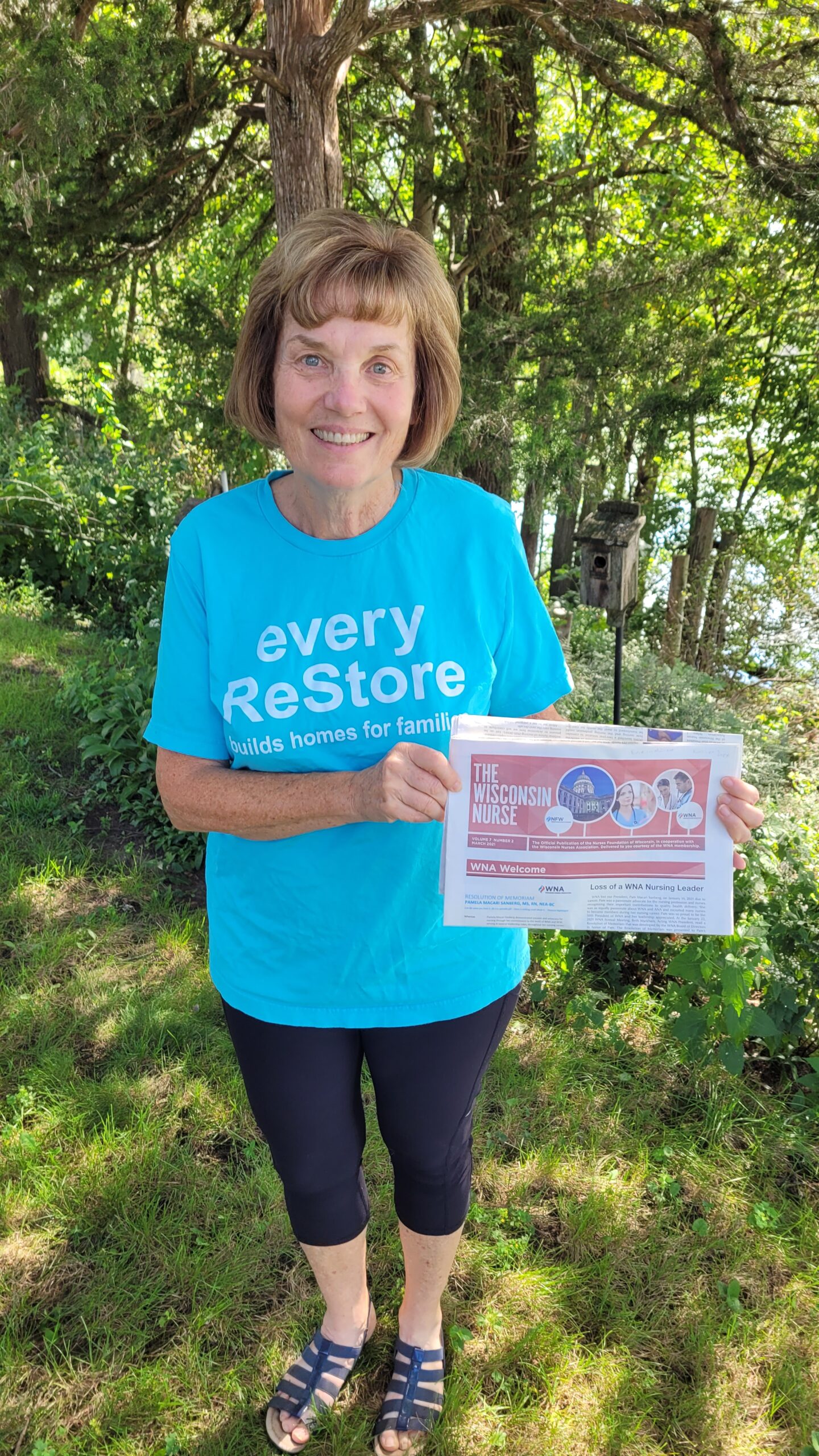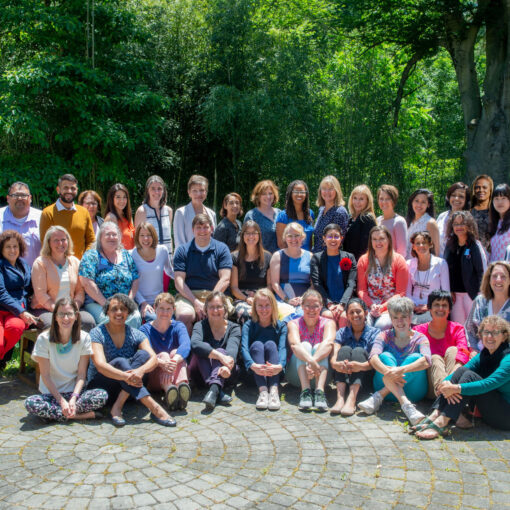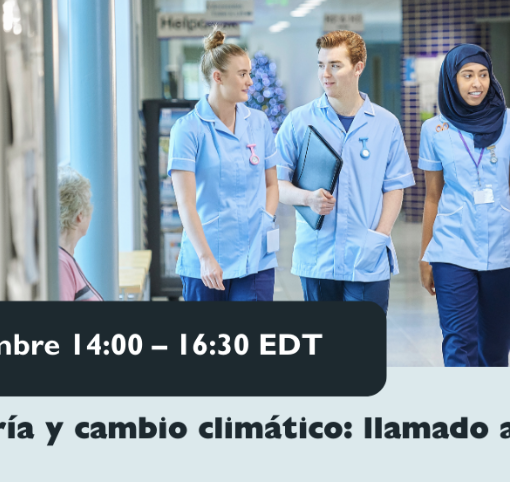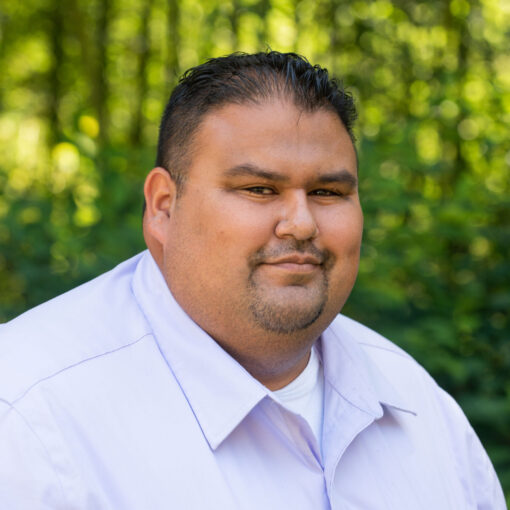
Kathryn Lammers PhD, RN, PHN
At first, my focus as a nurse was direct patient care. Eventually I realized that nurses are part of much bigger experience.….that bigger experience was stirring and mattered. Nursing has a trusted voice for health improvement. Environmental health stirred me and I grew to understand more about why it mattered.
What is your bigger experience? Climate change? Safe Food? Water Quality?
In 1989 I nervously attended my first county water quality meeting. Over the next 33 years my opportunities expanded by working through Wisconsin Nurses Association (WNA), Alliance of Nurses for Environmental Health (ANHE), and other professional groups. These people inspired me about the environment. I use to call that networking but now we have a fun way of calling them…..My People! My Tribe!
Who are Your People? Your Tribe?….What topic stirs you to action?
WNA provided great conference opportunities to have speakers and luncheons for environmental topics. We could pack the room and spill out to the hallway on Pharmaceuticals in the Water and Safe Disposal of Pharmaceuticals. The luncheon provided sharing stories of 30 nurses about their work with environmental topics. Some nurses were implementing green teams to reduce red bag use, organize bus trips to present to legislators, or change to less toxic anesthesia gases. For myself, my activities at the university setting allowed for projects, scholarly papers, presentations, debates, enviro walking tours of camps, and competitive games for personal choices.
The playful competitive games were especially fun with teams trying to gain daily points over four weeks. Common ways to make points included drinking water (not canned or bottled drinks), washing dishes (not using disposal dishes), eating veggies (not meat), carrying items out of store (no plastic bags), and walking (no car). Teams would share a potluck meal and tell lively stories about their strategies to win.
I learned that getting students to participate in the WNA conferences or Nurses Day at the Capital was inspirational for me and the nursing students. I also learned which topics worked well. Nurses wanted to learn about human health consequences and seemed less interested in energy choices. Making the learning fun was essential. I found fun videos that engaged learning such as Bag It movie and Triball the Frog. Nurses and students helped me find more fun videos. Serious Frontline documentaries worked especially with my RN-BS students because they could share them with their family.
Some engaging projects for nurses:
- Vote for representatives that support environmental health
- Support electric hospital vehicles such as security and maintenance staff
- Support electric trucks, cars, delivery vehicles, and school buses
- Support pesticide free food for the hospital and schools.
- Articulate better choices to add green spaces and community gardens for your town
- Show up at local meetings such as electric vehicle workshop
- Listen to podcasts.
- Write articles for the newsletter of your group
Nurses typically join an environmental project related to their family such as limiting pesticides on the sport fields and parks of your children. That teamwork maximizes effectiveness and energy for improvements. The teamwork allows sharing the bigger experience.
Often environmental work takes time and we nurses can get discouraged. My People helped me keep my focus. Anther tip I found is that all of us are cafeteria environmentalists. Be patient with yourself that you are not perfect about environmental choices. We have made improvements but more can be done with Your People! Your Tribe!
Climate change has become an “every person on deck effort.” Within that issue are many targeted strategies for nurses. Get involved with the strategy that works for you. Commit to the bigger experience that stirs you and matters to health.
—
Kathryn has been a nurse for about 25 years, split between inpatient care of all ages and outpatient work in home care and public health. She graduated with her BSN from Kent State University in 1974, her MSN from Winona State University in 2000, and her PhD from the University of Wisconsin-Milwaukee in 2010. Kathryn describes the last 20 years of teaching baccalaureate students and launching students into their nursing careers as especially exciting. She completed her doctorate to support reading literature outside of her discipline. For example, environmental health topics are challenging because they cross over many disciplines. She retired as professor emeritus in 2019 from Winona State University and continues with regional environmental committees, writing for the WNA newsletter and volunteering at Restore Habitat for Humanity.




